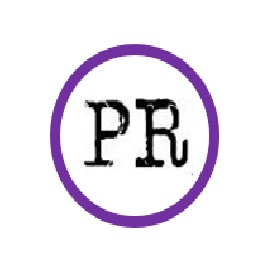WORK JOURNALS WORK FOR YOU!
I don’t know about you, but sometimes it can feel like I can’t even remember what I did this morning, let alone the work I completed over an entire year! A work journal is a quick, effective way to jot down accomplishments you’ve met, projects that you’ve worked on, and milestones you’ve achieved. A work journal is different from the detail of tracking your daily productivity to record of your daily work and quality. A work journal will have periodic entries, and acts as your own personal HR record for your personal performance.
Your work journal does not have to be written with pen and paper; you can use a Word document, OneNote, or even send emails to a personal email address. If you are using an online application, be sure to email your work journal to yourself at a personal email address every so often.
In addition to allowing you to look back proudly on your work, your work journal can help in a yearly review, or in an unfortunate situation where your productivity and efforts are put into question. During a performance review, your manager or reviewer will most likely ask how you view your performance. Your work journal can offer information about your work so that you can clearly describe your performance, and where you excel. This can lead to a positive review, and maybe even a raise! If you are ever in the position of having to defend your output or your place on the team, your work journal is a record of positive feedback, compliments, and occasions when you were given more responsibility. The work journal can also allow you to offer dates when you brought an issue or concern to your manager, and the outcome of that interaction.
No matter what the use, a work journal is a great way to record your career, and look back at how your career has grown.
Some items to record in a work journal include:
Work you’ve done on successful projects
Positive feedback
Negative feedback and how you course corrected
Anything that makes you smile
Anytime someone compliments you
Discussions with your manager regarding your work
Time spent away from production coding to contribute to another project or task
Help you’ve provided to other team members
